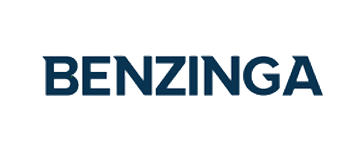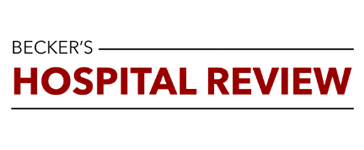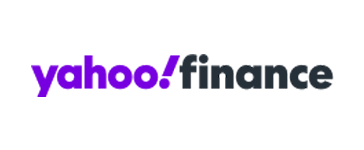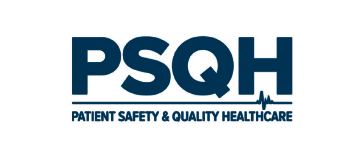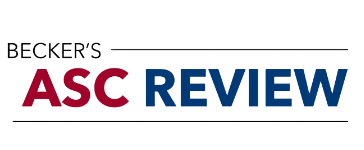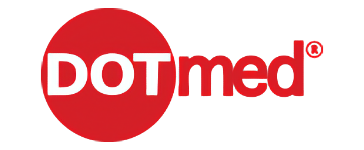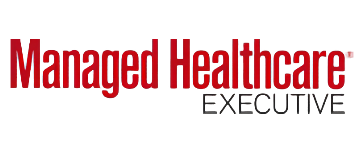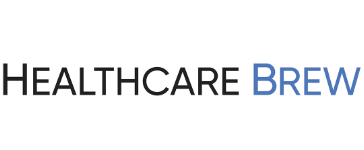National Nurses Week begins each year on May 6th and ends on May 12th, Florence Nightingale’s birthday. With more than 3 million licensed nurses in the US today, nurses make up the highest percentage of the US healthcare workforce. As we all know, Nurses are integral to hospitals and health systems, but they are also crucial to the work we do at Advantus too.
During Nurses Week, we take a moment to recognize and celebrate the incredible nurses who have chosen to bring their clinical expertise into the healthcare supply chain. Their unique insights, compassion, and commitment remind us that even behind the scenes, nursing continues to play a vital role in healing, safety, and progress. We asked four of our Clinical Resource Program Managers (CRPMs) why they became nurses and what inspired them to bring that calling into the world of supply chain. Their answers are powerful reminders of the purpose that drives our work every day. To all the nurses in our organization and those outside of it: thank you for your dedication, your heart, and your impact — this week and every week.
Why did you become a nurse?
Christine Holt, CRPM Richmond, VA: I applied to nursing school as a senior in college. The spring before, I had to have knee surgery and had the most incredible nurse. I was struggling to figure out what career path I wanted to follow and after my experience with her, I decided to give nursing a shot and it has been my calling ever since.
Darrick Applegate, CRPM Toledo, OH: I chose to become a nurse for a variety of reasons. When I was around 11, my grandmother had open heart surgery, and going in to see her afterwards, all of the lines and tubes didn’t scare me; they really intrigued me, and seeing the nursing staff work with my grandma and the machines, it was really fascinating to me. Whenever someone asks if they should go into nursing, I always answer with a resounding YES. It gives you the opportunity to work in almost any environment. You can do anything you want from working in pediatrics to medevac, supply chain, and beyond!
Shannon Nichols, CRPM Greenville, SC: There is no greater reward than the service of others. After doing volunteer work and then managing a nonprofit with a healthcare focus, I felt it was time to take the next step in devoting my career to serving others full time.
Dennis Rejent, CRPM Toledo, OH: Nursing is a second career for me. I was in healthcare sales, primarily emergency physician services, and traveling all around the country. Both of my girls were young, and I didn’t want to miss them growing up. I was tired of the travel and being away from home. At the same time I was a volunteer Firefighter and EMT. I enjoyed these experiences. I found an opportunity that allowed applicants with a bachelor’s degree to obtain an MSN with two years of study, so that’s what I did. I was enticed by the stability a career in nursing provided and the variety of opportunities that it offered.
Why is it important to have nurses involved in supply chain?
Christine: Nurses in supply chain bridge the gap between our supply chain operations experts and our end clinical users. One of my most important roles is making the process of identifying a clinical need and getting that need met as efficient as possible. I am a “translator” between two silos. My clinical background also helps me to advocate for providers and clinicians and discuss alternative product options with them. Every health care supply chain should have nurses!
Darrick: I never really heard or thought about nursing in supply chain. But it makes sense! Nurses are at the core advocates for our patients; no matter the setting or your patient ratio, we advocate for them. In supply chain, we get to advocate at a high level.
Shannon: Along with physicians, we have the hands-on experience that gives us true insight into how clinical changes can have either a positive or negative impact on patient care.
Dennis: I think that nurses can offer a unique perspective on products, devices, and services that can assist our clinicians (physicians and nurses) with the acquisition, utilization, and education of those products, devices, or services. As a nurse and a CRPM, I don’t buy, sell, produce, or even use the products that we encounter, but I think we do bridge the gap between the clinical and non-clinical within the hospital with accurate and reliable information.
What motivated you to pursue a career in supply chain?
Christine: I was ready for a change. I had been at the bedside, in leadership, and in education. My first undergraduate degree is in business, and this seemed like the perfect marriage between clinical and professional.
Darrick: I was looking for a new setting where I could use the skills and knowledge that I have gained throughout my career to help shape clinical practice and care at a high level, while still being connected to our sites. Supply chain really checked all of those boxes.
Shannon: After moving into management from direct care, I realized I enjoyed being a “nurse who took care of other nurses.” In this role, I can expand my skill set to a wider range of departments all across the hospital at one time while interacting with everyone from direct care staff to the C-suite.
Dennis: I was approached by the supply chain director at my hospital about a new opportunity that he thought I would be a good fit for. I told him that I was not interested in ordering products and stocking the shelves for him. I forgot about the opportunity. He came back a few weeks later and convinced me to at least take a look at the job description. I’m glad that I did. The CRPM position is a perfect platform that has allowed me to combine my sales/business experience with my clinical nursing skills. I still owe Austin a great debt of gratitude.
Can you provide an example of a time you felt you made a difference as a nurse in supply chain?
Christine: Truthfully, I feel like I make a difference often; Some examples include: a supplier changed their arm slings and it didn’t get noticed until a bedside nurse went to use it. I was able to get the product returned and get the unit what they needed in the same week. Nurses share product concerns with me and we have a process for escalation and resolution. I have the opportunity to make small impacts like this on a regular basis; as a former bedside nurse, having someone clinical follow up on a product concern is very helpful and typically gets resolved much quicker.
Darrick: Very recently, we were discussing product conversion and possible SKU reduction of product, to streamline and standardize a few items for anesthesia. It was proposed that we eliminate a certain product altogether across the entire market. After further discussion, we had brought up certain types of cases and had to pivot on that plan of removing those items. If it were not for my experience, I would not have known what questions to ask. Ultimately, we did reduce SKU count and streamline the portfolio while maintaining the items needed for the clinicians to care for their patients.
Shannon: Recently, I was tapped to assist our NICU in procuring fetal scalp electrodes for our most vulnerable population. I felt a personal sense of satisfaction that I was able to connect resources so that our NICU had exactly what they needed as soon as they needed it.
Dennis: I think that every encounter that a supply chain nurse (CRPM) has with providers, vendors, nurses, and administrators is an opportunity to make a difference. Regardless of whether the interaction is clinical, financial, educational, or simply as a facilitator, we are very well positioned to make a difference for our patients and our organization.


